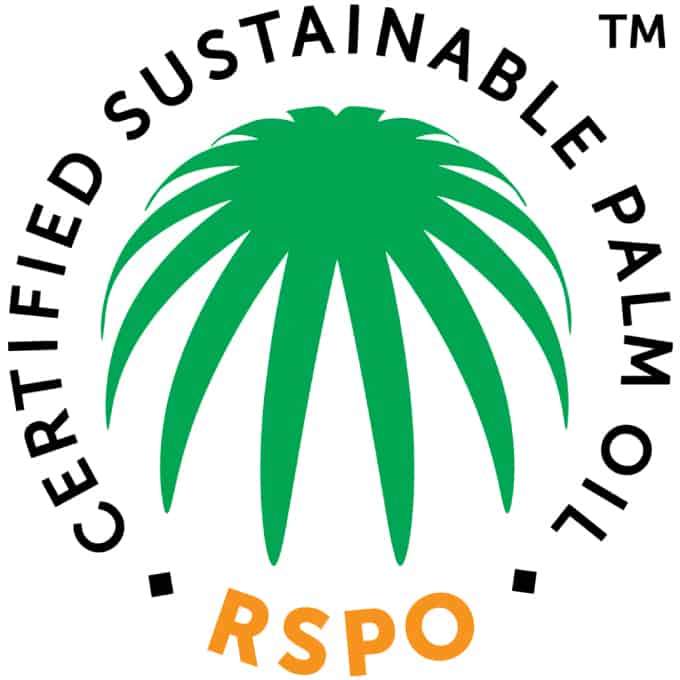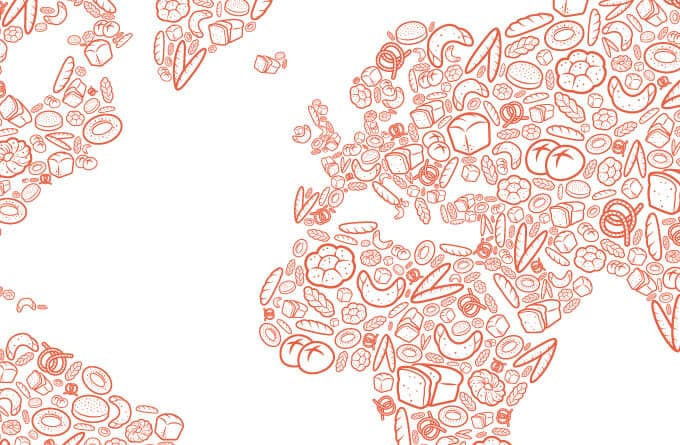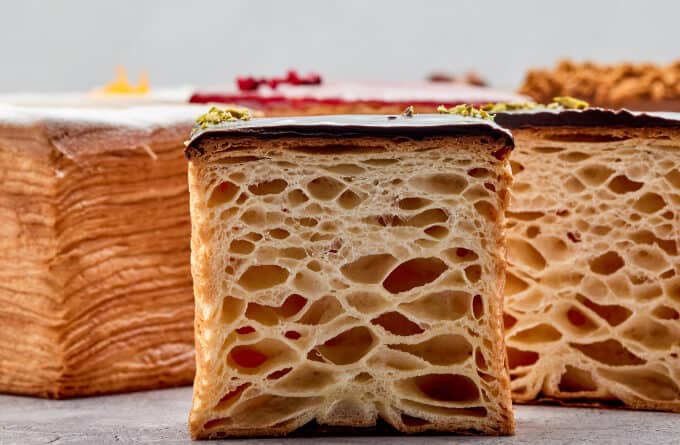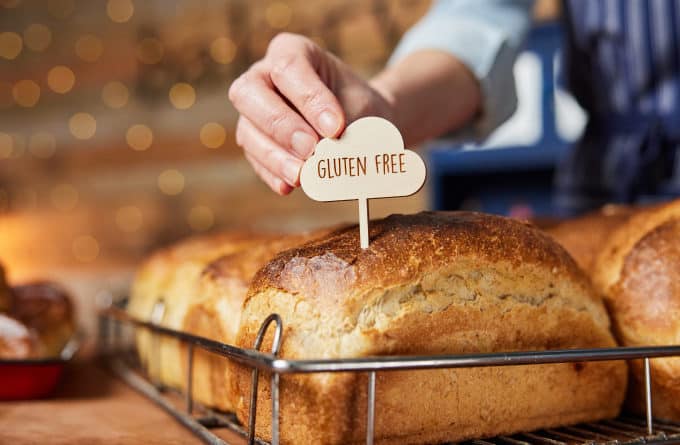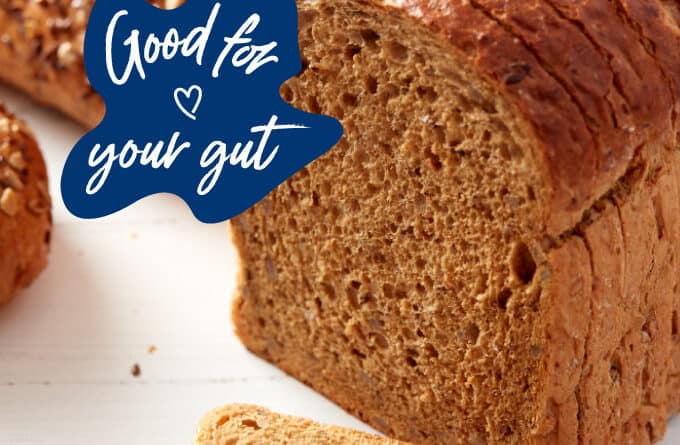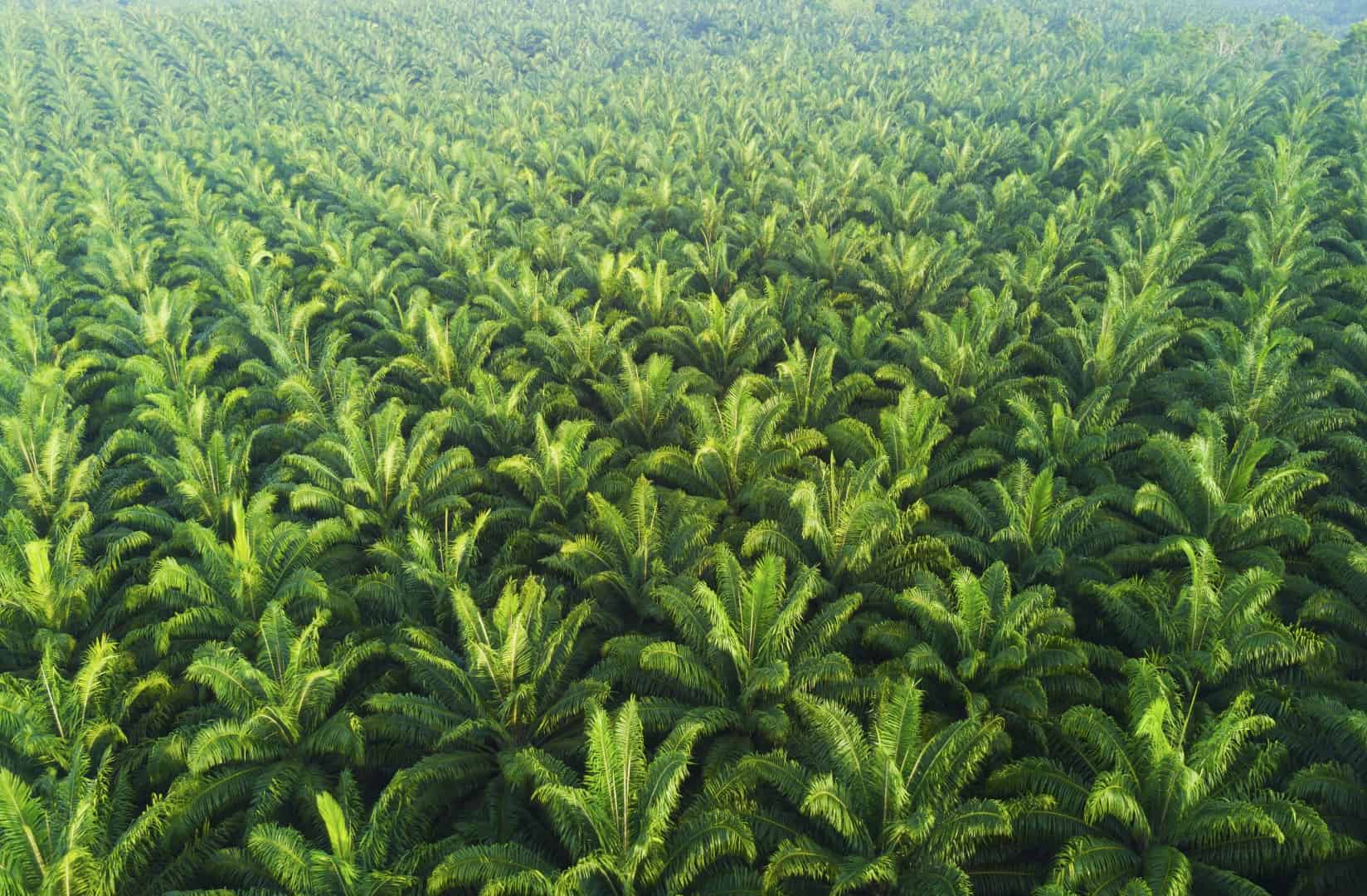
The debate over palm oil production has been raging since the early 2000s. Yet, global demand for this controversial ingredient has risen rapidly and is predicted to quadruple by the year 2050. Conscious consumers see a “palm oil free” label and see a product as the more sustainable choice. But what is actually the most responsible way to approach our use of palm oil?
Palm oil had its breakthrough when the food industry searched for a fat that could replace partially saturated fats, which also contained trans fatty acids. Palm oil does not contain any natural trans-fat but still has many of its useful properties and functions. At room temperature it is semi-solid, and resistant to oxidation, which contributes to retaining the texture, taste, and shelf life of the end product.
The bakery industry accounts for a huge part of palm oil demand. When broken down into industry sectors, the food industry is responsible for an overwhelming 72% of palm oil used globally.
According to Mintel, global product launches containing palm oil have declined over the last five years dropping from 16% to 12% [1], while in the same timeframe, palm oil free claims are on the rise – notably in Europe. Specifically for the UK, 7.4% of cakes, pastries and sweet goods featured a Palm-Free claim in 2021, an increase on 2020.
Unlike the ever-evolving tastes of the consumer, the palm oil free movement has come about not because of the quality of the ingredient itself, but because of the ways its production impacts the environment. We find ourselves now at a crossroads: to ban the use of palm oil outright or invest in sustainable palm oil options.
Below, Mintel’s report “Ingredient Watch on Palm Oil”, highlights how the commitment to sustainable supply chains will drive consumer choices:
“Health was the defining food/drink trend of the 2010s, but sustainability will dominate the 2020s as pandemic-shocked consumers look for change. The next wave of healthy diets will be those that also support the health of the planet and everything on it. Consumers’ evolving holistic mindset about health and wellbeing will shift the conversation about healthy diets from ‘better for you’ to ‘better for us’.”
A bakery with or without palm oil
Despite the intense consumer debate surrounding palm oil free products, many interest organisations and market-leading food companies with strong sustainability profiles, choose not to exclude palm oil altogether. Instead, they argue for certified and responsibly-produced palm oil.

The production of palm oil is prized for its high yield relative to other vegetable oils. Its raw material produces 4-9 times more compared to rapeseed, sunflower, and soybean. Replacing palm oil with alternatives would require significantly more land and a transition to the latter would shift the deforestation associated with palm oil production to other regions. To produce 1 ton of oil, 9.4 hectares of land is required for sesame oil, 2.9 hectares for olive oil, and 1.4 hectares for sunflower oil. It only takes 0.4 hectares of land to produce 1 ton of palm oil [2].
To support global food supply, experts say shifting entirely from palm oil production is unnecessary. The WWF and food industry trade associations advise food producers to not only consider using palm free ingredients, but also to work towards more responsible palm oil production in general. This would lead to an increase in transparency and traceability at the supplier level and create a larger share of certified palm oil in the market.
There are several companies that have already developed scientific techniques to produce palm oil without the need for palm trees. At Bakels, we are keeping a close eye on these exciting innovations.
The Roundtable on Sustainable Palm Oil
In response to the issues of conventional palm oil production, the Roundtable on Sustainable Palm Oil (RSPO) was established by stakeholders from multiple sectors of the palm oil industry. Producers, processors, traders, food service providers, retailers, investors/banks, as well as environmental and social non-governmental organisations, all represent parties of the palm oil supply chain.
The RSPO was established with the objective of promoting the use and growth of sustainable palm oil products through global standards and multistakeholder governance. The goal is to minimise the negative impact of palm oil cultivation on the environment and communities in palm oil-producing regions. Combined with other measures and strong legislation, this standard has played a significant role in the halting of destructive plantations.
In November 2018, a revised version of production requirements for sustainable palm oil was adopted. The new and improved standard is a decisive measurement to further ensure that palm oil is not produced at the cost of human rights or the planet.
Bakels companies including Bakels Sweden and British Bakels are proud, long-standing members of the RSPO. This allows us to better collaborate with other companies to drive the market towards more sustainable production.
Transform your range with Bakels solutions
When it comes to palm oil, it is best that bakeries use a combination of strategies. To begin, bakeries can focus on reducing palm oil use overall, prioritising certified palm oil, and also using palm free ingredients. Most importantly, bakeries need a long-term viable ingredient plan that is truly sustainable for both the supply chain and their business.
At Bakels, we support the sustainability movement, always keeping the environment and human rights front-of-mind. For example, many Bakels Truffles and Chockex are now produced with only 100% segregated certified palm oil in accordance with the RSPO.


Many True Caramel products, made using a traditional caramel-making, are also free from palm oil. Products such as Raspberry Millionaires Caramel PF, Chocolate Millionaires Caramel PF and Vegan Caramel PF provide sustainability advantages and deliver on application expectations from customers, not to mention delighting consumers with incredible taste experiences.
For bread and cake producers with totally palm oil free ranges, Bakels offer palm oil free variants in all product segments. For example, Dorothy PF, Bandex PF, Jilk PF and Remonces. This year will also see the launch of Chockex Dark and a Truffle Dark, which are also free from palm oil.
The range of palm free ingredients doesn’t stop there, other developments include biscuit crumb, crossing paste for Hot Cross Buns, doughnut concentrates and shortening.
Our team continue to monitor the development of the palm oil industry, always exploring new innovation opportunities to reach a more sustainable future.
Sources: 1: Mintel Global New Products Database (GNPD) 2021, 2: Our World In Data 2018 – Area of land needed to produce one tonne of vegetable oil.


